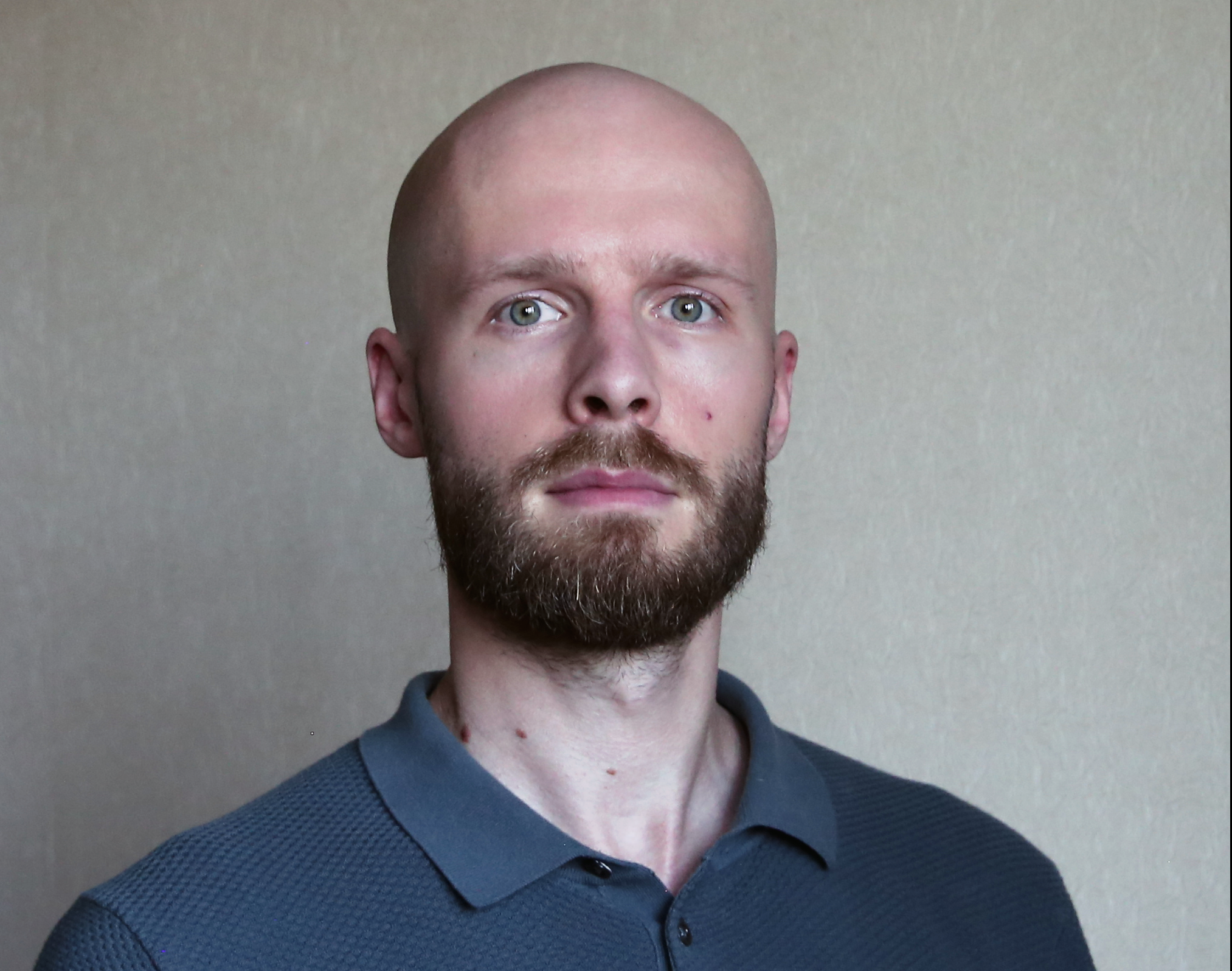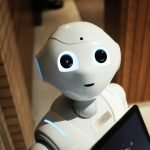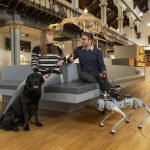
Conundrum’s head of product explains the benefits of using artificial intelligence in manufacturing and beyond.
Could you tell us a little bit about Conundrum and what you guys do?
Conundrum is a startup, and we optimise the processes in the factories. One of the products that we have is the Conundrum Euler defects detection system, which is based on simulation data.
So, basically, if you’ve heard about deep fake – they put your face on a celebrity instead of their own. We put similar technology into manufacturing, where we simulate defects, and then use them, and style transfer models to create neural networks that can detect real defects without any need to collect photos with real defects.
What’s been happening with the company recently?
We’re growing very fast. We have about 100 employees at the moment, as far as I know. And now we are searching for new ways to expand our technology, and move into different industries – finding industries where our technology can fit in.
Are there any particular trends that you’ve noticed developing with artificial intelligence?
From my perspective, the hardware is developing really fast. We get access to the cameras that can provide us the high resolution and, therefore, detect problems or smaller defects. We have more access to more powerful computing resources and, therefore, we can build algorithms that are harder, that are more complex, and then they can build to still be used in production and have benefit for the person using it.
When it comes to quality inspection, how does deep learning improve that process?
It can work with complex textures. Because, for example, if you have a simple object with a simple specific form, it’s not that hard. But if you have a space in which the object is considered normal, for example, that could be some deviation for shape and texture. It’s very hard to crack with classical algorithms. So this is where deep learning comes in. Because it can. With a defined space of normality, it can alarm about all the deviations from it. You can do more flexibility in the way we can use it.
Do you think that there are any challenges when it comes to using AI to improve product quality?
One of the challenges is just to clearly define what exactly you want, like the space of normality. It’s also sometimes a very arguable process because it’s sometimes the decision if the quality is good or bad is based on the experience of the people, and you basically need to go through all their experiences and basically define what is good or bad and can be a very interesting process.
So when it comes to overcoming those challenges, is there any advice that you would give to companies?
I would say have clear communication between the customer and the one who’s creating the product. It’s very important to dive deeper into the production process to understand all the little details that the customer is challenged with the R&D production and to help them overcome that.
Artificial intelligence is one of these technologies that a lot of people in a lot of companies are still a bit hesitant to implement. Do you have any advice for people who are still a bit hesitant with this sort of technology?
It’s always a challenge. But from my perspective, to prove it, customers need to define some kind of pilot where they can see all the possibilities that artificial intelligence could provide. So it could be a very long pilot with a lot of testing, to understand the capabilities of technology and how it can be used in production.
And for your company, what plans have you got for the year ahead?
I would say we are looking forward to improving our technology – to make it faster, to improve its quality, and to find other industries where we could implement it.
Do you have any industries in mind?
I’m thinking about food production because it’s a very complex process. And it’s very important to maintain high quality. And then another challenge is the complexity of the texture which is a great fit for our product.
Serge Kozloff will give a talk titled Deep Learning For Quality Inspection at the IoT Tech Expo Europe in Amsterdam on September 20. Register to attend for free here.







